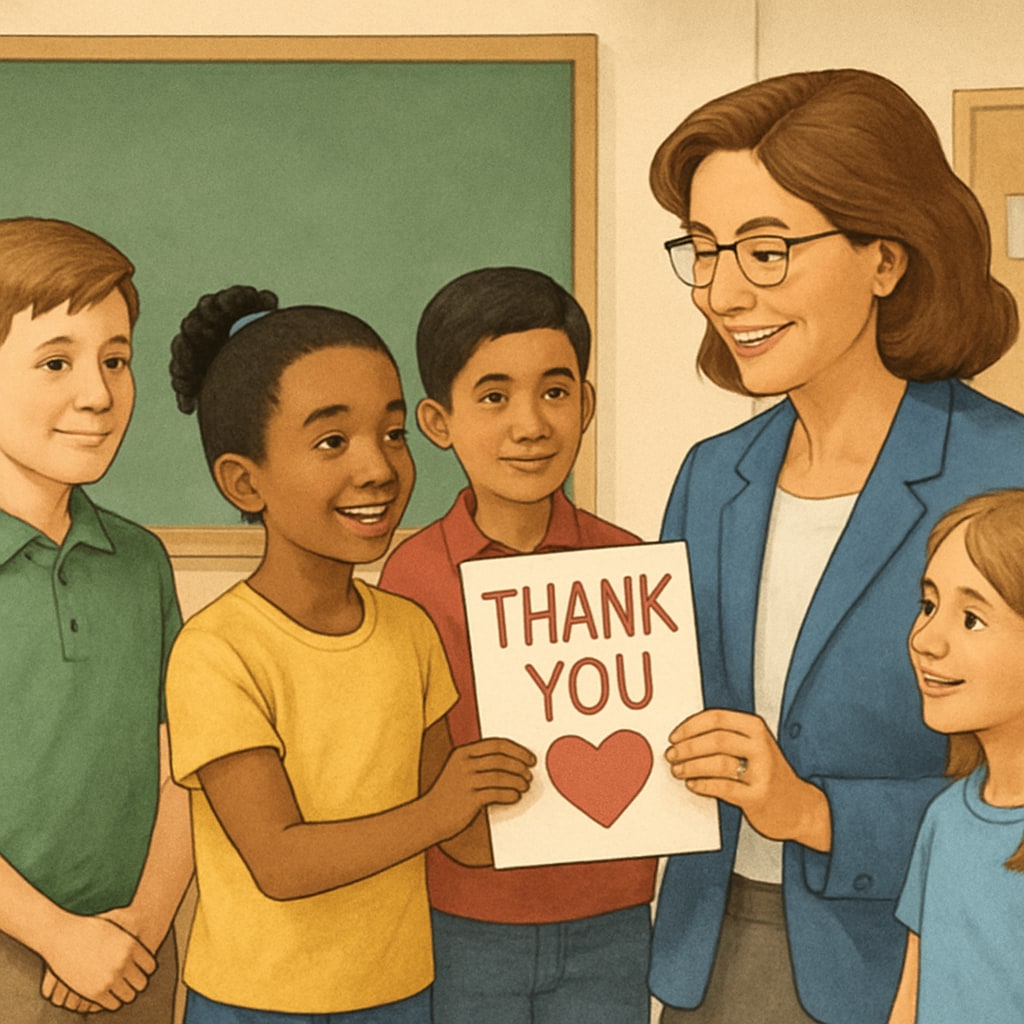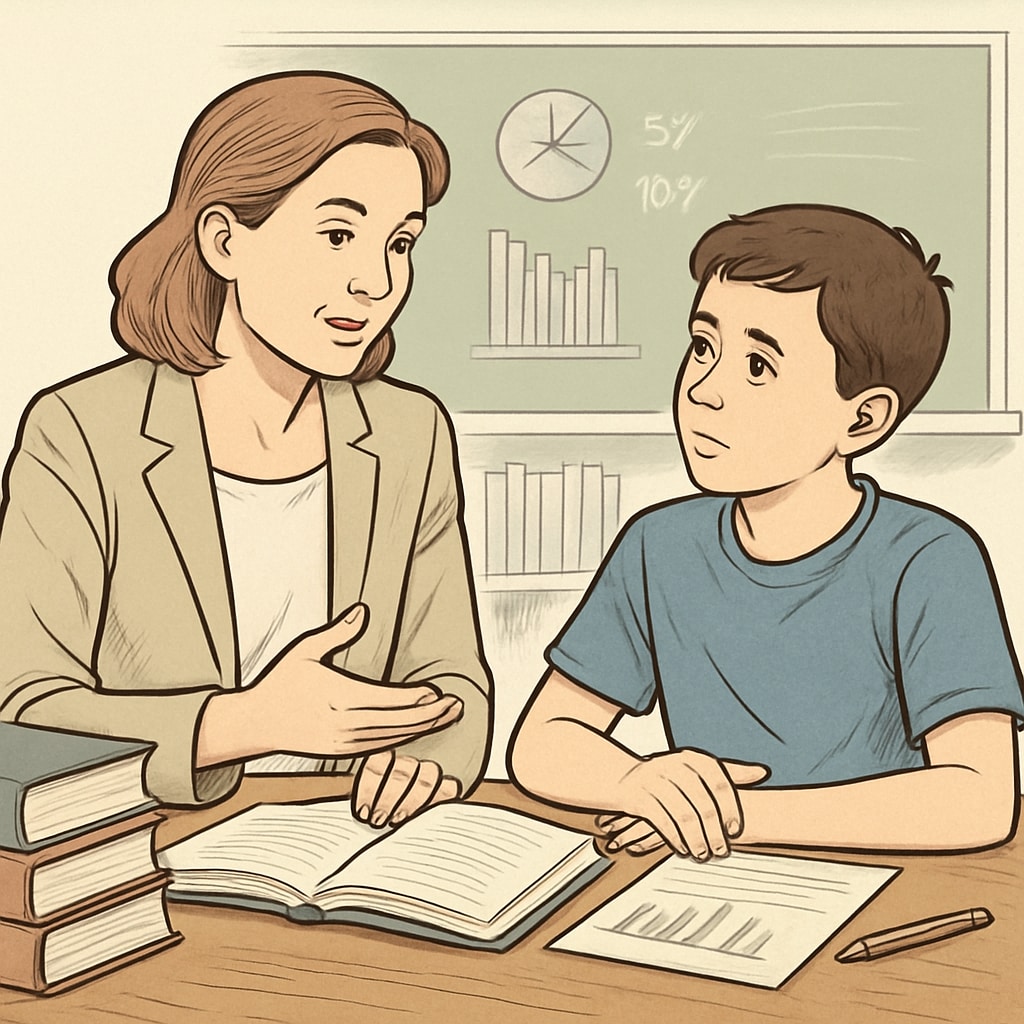In education, the simple act of a student expressing gratitude holds profound significance. A sincere “thank you” from a student can reveal the deep connections forged between teachers and students, emphasizing the transformative power of positive interactions within the classroom. The influence of teacher listening and respect has far-reaching effects, shaping the growth and development of students in ways that often extend beyond academic achievements. When education centers on genuine human connections, these seemingly small moments of acknowledgment can become some of the most cherished memories in a student’s life.
The Hidden Strength of Gratitude in Education
Gratitude, especially when expressed authentically, is a powerful tool in fostering strong relationships and emotional well-being. In education, it serves not only as a form of acknowledgment but also as a reflection of the meaningful impact a teacher has had on a student’s life. For example, when a student takes the time to thank a teacher for their support, encouragement, or even a kind word, it highlights the teacher’s ability to connect on a personal level. Such moments remind educators that their efforts go beyond delivering lessons—they contribute to shaping character, confidence, and resilience.

Additionally, studies have shown that gratitude improves mental health and encourages positive social behaviors. Teachers who receive genuine thanks from their students often feel validated, motivated, and inspired to continue their impactful work. This reciprocal relationship creates an environment where both parties grow emotionally and intellectually, fostering a cycle of mutual respect and appreciation.
Building Strong Teacher-Student Connections
The foundation of an impactful teacher-student relationship lies in mutual respect and active listening. When teachers make an effort to understand their students’ thoughts, struggles, and aspirations, they create an environment of trust and openness. This attention to individual needs often leads to moments of gratitude from students, who recognize and appreciate the effort their teachers have made.
For instance, a teacher who notices a student’s struggles and provides tailored guidance is likely to receive heartfelt thanks. These moments of appreciation are not only rewarding for educators but also serve as a reminder of the importance of empathy and personalized support in education. Strong connections like these are instrumental in helping students navigate challenges and build confidence in their abilities.

Gratitude as a Catalyst for Growth
One of the most remarkable aspects of gratitude in education is its ability to inspire growth on both sides of the teacher-student relationship. For students, expressing gratitude helps them develop emotional intelligence, empathy, and the ability to recognize the value of others’ contributions. These skills are essential not only in academic settings but also in personal and professional life.
For teachers, moments of genuine appreciation can reignite their passion for teaching and remind them of their purpose. A simple “thank you” can reaffirm their belief in the positive changes they bring to their students’ lives, encouraging them to continue their efforts despite challenges. As a result, gratitude becomes a powerful catalyst for growth, strengthening the educational experience as a whole.
In summary:
- Gratitude fosters mutual respect and emotional well-being.
- Teacher-student connections are strengthened through active listening and personalized support.
- Moments of appreciation inspire growth for both students and educators.
When students express gratitude sincerely, it highlights the true essence of education: the meaningful connections that inspire growth, understanding, and resilience. These moments remind us that education is not merely about imparting knowledge but about shaping individuals and fostering lifelong values.
As a result, educators and students alike are encouraged to embrace gratitude as an integral part of their interactions, recognizing its ability to transform relationships and create lasting memories.
For further reading on the psychological benefits of gratitude, visit Gratitude on Wikipedia. To explore the impact of teacher-student relationships on academic success, see Education on Britannica.


